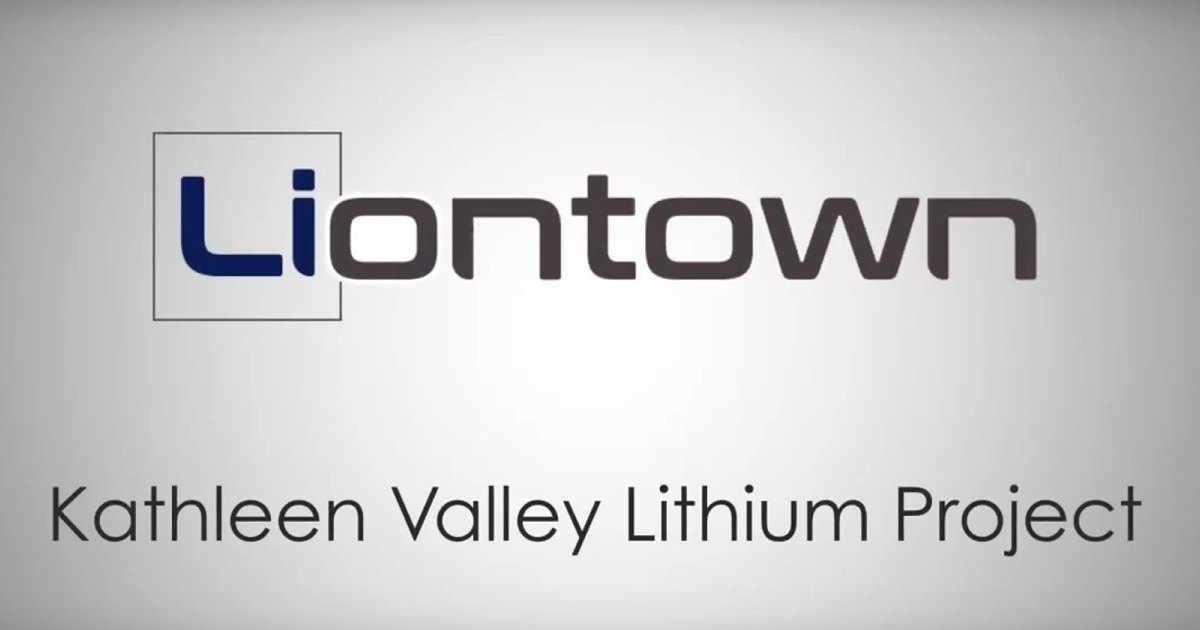Tesla has joined LG Energy Solution in jumping on board the lithium train to Australia’s Liontown.
Liontown’s flagship venture is its Kathleen Valley Lithium Project in Western Australia’s North-eastern Goldfields. While it isn’t producing yet, the project has attracted a fair bit of attention from manufacturers jostling to secure lithium supplies as the electric car and home battery storage revolution continue to accelerate.
Liontown expects first production from Katheen Valley in Q2 2024; initially around 500,000 tonnes of spodumene concentrate per annum.
Last month the company announced it had executed its first binding offtake term sheet for Kathleen Valley with LG Energy Solution, which has dibs on up to 150,000 dry metric tonnes (DMT) of spodumene concentrate per annum
Yesterday the company said it had inked a legally binding sales and purchase term sheet with Tesla for an initial 5-year term starting in 2024. Tesla is to purchase 100,000 DMT in the first year, ramping up to 150,000 DMT per year in subsequent years.
This means half of Kathleen Valley’s first five years of production is now spoken for. As well as seeking large foundation agreements, Liontown has previously stated it wishes to retain some capacity for selling into the rapidly growing spot market.
Liontown’s Managing Director and CEO, Tony Ottavian is pretty chuffed with the Tesla deal.
“This means that we now have two of the premier companies in the global lithium-ion battery and EV space signed up as foundational customers, marking a significant step towards realising our ambition to become a globally significant provider of battery materials for the clean energy market,” he said. ” Our shareholders should be proud that future Tesla cars will be powered by Liontown lithium”.
Australia’s always been pretty good at digging stuff out of the ground, but not doing much more with it.
Beyond spodumene, Liontown is also looking at value adding with a hydroxide downstream processing facility in Western Australia, which is currently at the pre-feasibility study stage. But even just in spodumene – considered the most important lithium ore mineral – Liontown stands to make a fistful of cash.
Boom, Boom, Boom – Lithium’s Back In The Room
In 2016/17 there was a rush on lithium supplies, but new supply coming online outstripped demand and led to a price bust in 2018-2020. But then demand picked up again as auto manufacturers saw the writing on the wall for the internal combustion engine, and the rise of solar battery storage has helped things along.
Demand for lithium has returned with a vengeance, pushing prices up.
According to figures from Benchmark Mineral Intelligence (BMI) reported by The Guardian last week, the price of spodumene rose 478.3% between January 2021 and January 2022.
In relation to value-adding, director of Clean Energy Finance Tim Buckley (and up until very recently director of energy finance studies at the Institute for Energy Economics and Financial Analysis) stated:
“The value of lithium companies listed on the ASX is multiples of the coal sector. If we can be not just a quarry to China, Japan and Korea, and do value-adding, that is a huge structural shift,” he said. “If you just leave Gina and Twiggy to dig up the minerals without value adding, Australia is going to be worse off.”


 RSS - Posts
RSS - Posts



Speak Your Mind